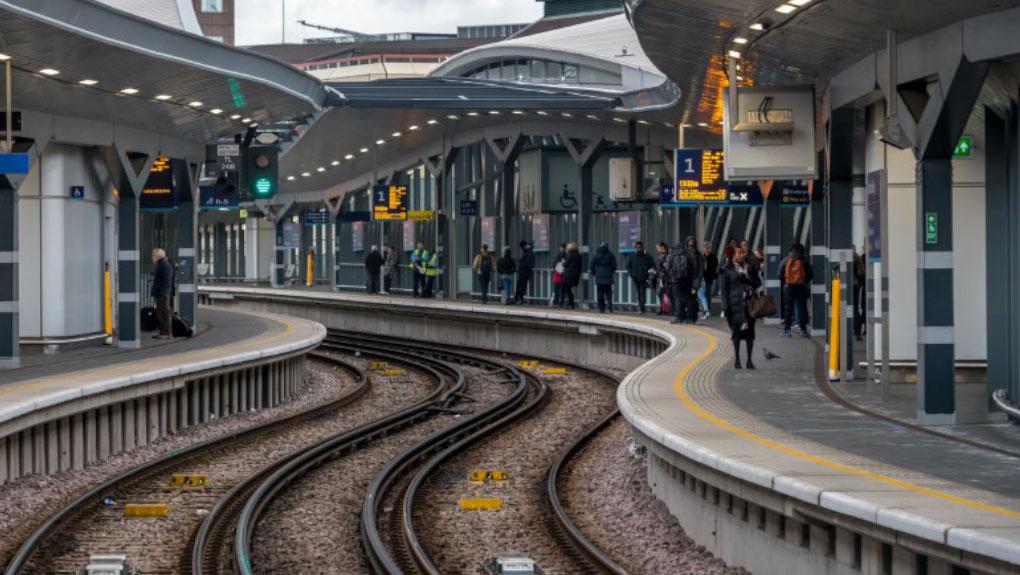• Financial constraints on Network Rail require careful management in the coming years.
• Network Rail is taking action where train performance needs to improve. Passenger train punctuality is largely stable, but cancellations have reached record highs, with train operator cancellations the dominant factor.

The Office of Rail and Road (ORR) has delivered its assessment of Great Britain’s railway in its annual reports released today (Thursday 17 July). ORR highlights that Britain’s railway remains one of the safest in Europe and the industry has made good progress in a number of areas, including taking action to address overdue structure assessments and dealing with weather-related risk, although this has been delivered in the context of focussed regulatory attention. However, clear issues remain with record high rail cancellations, the majority of which are attributed to train operating companies, and financial challenges for Network Rail.
Safety
ORR’s report assessed that Network Rail maintained good health and safety performance, while overall train accident risk remained broadly consistent with recent years.
However, serious incidents continue to occur across the network, including 29 high potential risk events – mostly at level crossings. ORR will be conducting a series of inspections across all Network Rail regions to assess how effectively risk is being managed at level crossings. In addition, the passenger train collision incident at Talerddig in October, which resulted in the death of one passenger, and injuries to many others, was particularly concerning in the context of an increasing number of signals passed at danger (SPAD) events across the industry. ORR also wants to see a coordinated cross-industry focus to address train overspeeding risk.
The rail regulator is, furthermore, urging the industry to ensure a focus on safety remains throughout the process of rail reform. Richard Hines, HM Chief Inspector of Railways, emphasises the need for proactive risk management, clear accountability, and visible safety leadership at every level to ensure that health and safety remains not just a priority, but a guiding principle – through every decision, in every part of the system.
ORR’s annual safety assessment also notes Network Rail has made good progress after ORR raised concerns about its management of structures, by taking action to address overdue structure assessments as required by ORR in an intervention earlier this year.
Progress is also being made to promote greater awareness and consistency in the way industry tests ‘reasonable practicability’ in health and safety decision-making. This work, kicked off by ORR in a report published earlier this year, can reduce the need for potentially costly interventions later.
Performance
Passenger numbers continued to increase in April 2024 to March 2025, with 1.73bn passenger journeys, up 7% from 1.61bn the previous year. Punctuality remained largely stable, with 84% of passenger trains arriving within three minutes of their scheduled arrival between April 2024 and March 2025 and Network Rail reduced delays it causes to train services. Scotland was the only part of Great Britain to meet the cancellations target set.
However, at 4.1% for April 2024 to March 2025, cancellations reached record highs, with train operator cancellations the dominant factor, up from 3.8% the previous year. Network Rail missed its national targets for reliability and punctuality.
In its Wales & Western region, ORR took enforcement action to secure better performance improvement plans from the company, and train performance has since improved. In addition to Wales & Western, Network Rail has been responsive to ORR’s challenges on performance in other regions and has made good progress on many of the issues the regulator has highlighted, including developing a better plan to improve performance in its Eastern region.
ORR has also required Network Rail to speed up its decisions on train operator access to the network. The company’s short term access rights process it has put in place limits the ability of train operators, especially open access and freight operators, to plan and invest in rolling stock and train crew.
Value
Network Rail delivered strong efficiency gains in the year from April 2024 to March 2025, achieving £325 million in savings, £62 million above its target. However, in England and Wales the company has a significant funding gap of £488 million, which ORR has asked it to take action to resolve.
Network Rail must also carefully manage its delivery of core renewals, while mitigating as best it can inflationary pressures and cost overruns. If current cost pressures persist, the company may be forced to reduce its delivery of renewals of railway infrastructure. This can have impacts on train cancellations and lateness, for example by making speed restrictions necessary.
Network Rail’s five-year plan to 2029 relies more heavily on maintenance than its previous five-year plan, due to available funding constraining full renewal of railway assets. The regulator emphasised that it will be closely monitoring the company’s maintenance delivery, which is crucial to a reliable railway.
John Larkinson, chief executive, said:
Notes to editors
- Our reports are available online.
- The Office of Rail and Road (ORR) is the independent economic and safety regulator for Britain’s railways, and also has regulatory powers to hold National Highways to account.
- The Cancellations score referenced is a hybrid measure, which treats a fully cancelled service as one, and part-cancelled services as half.

